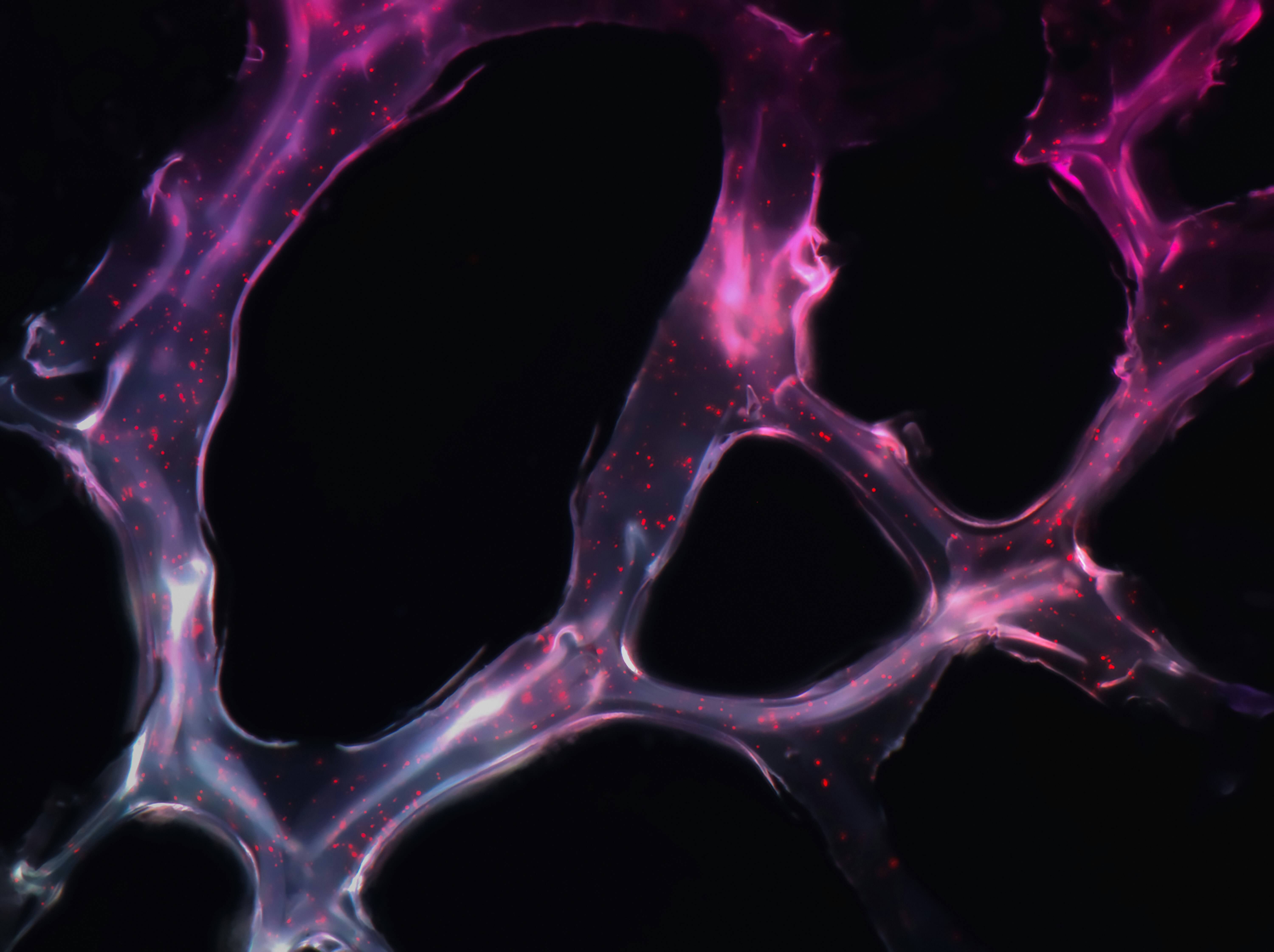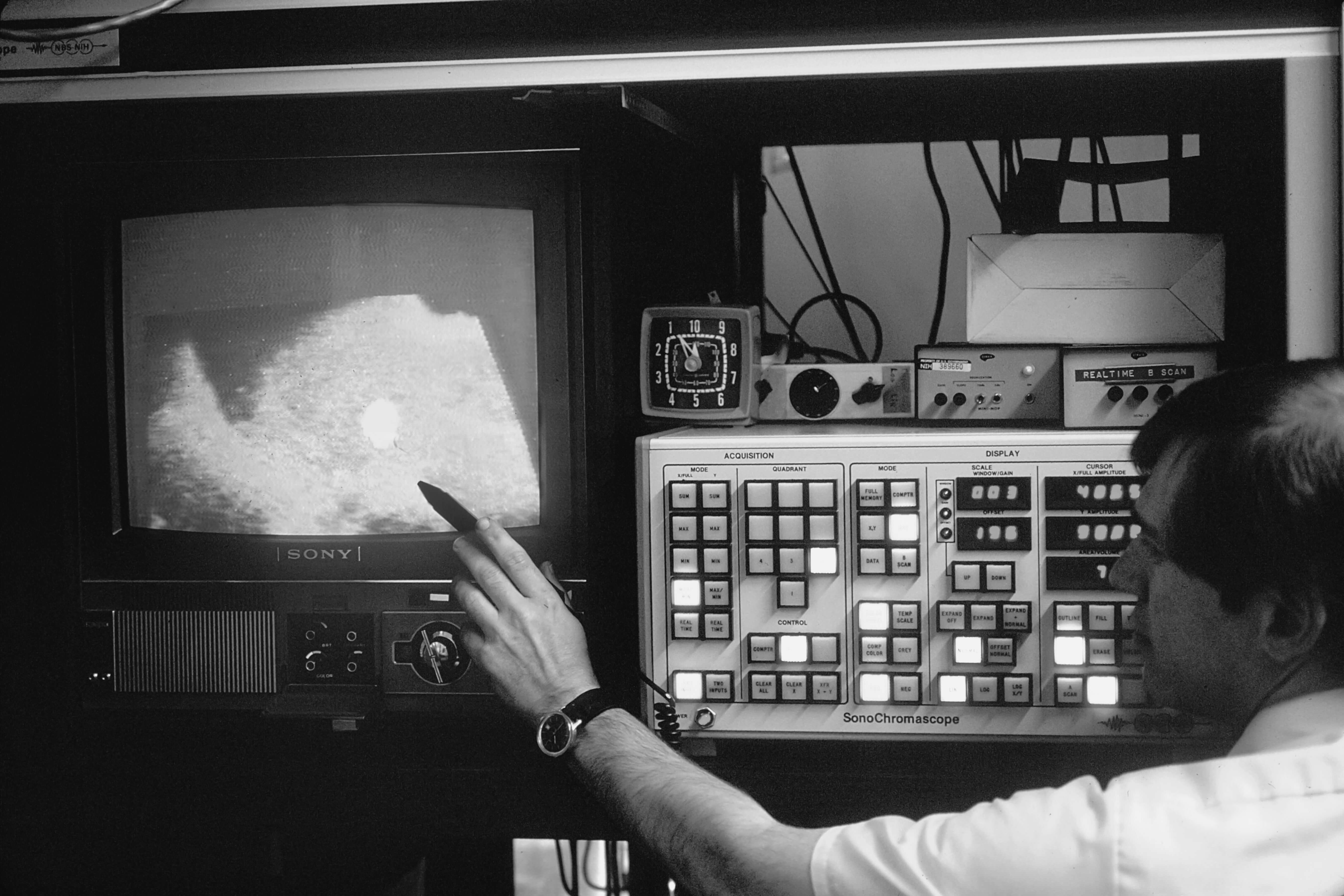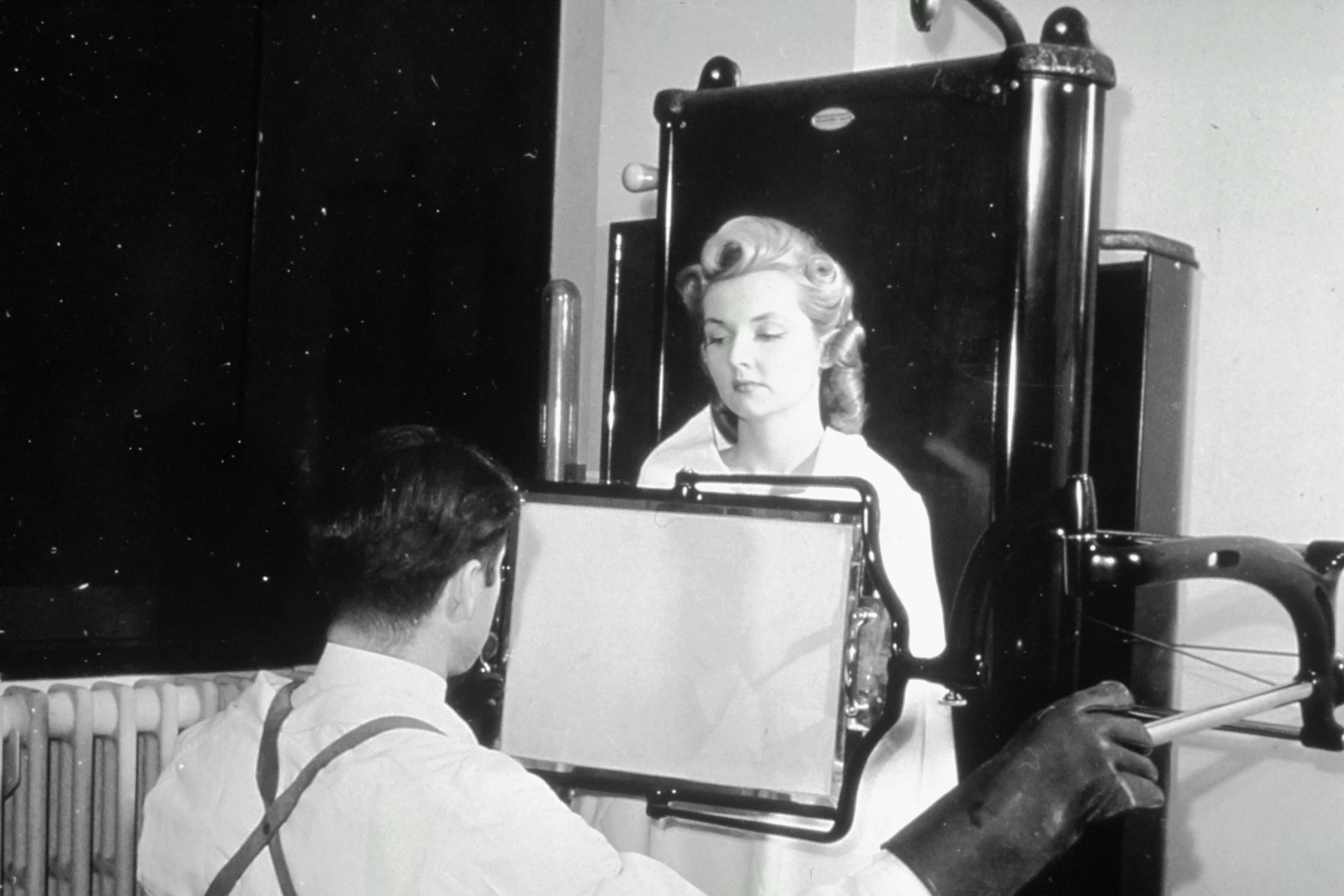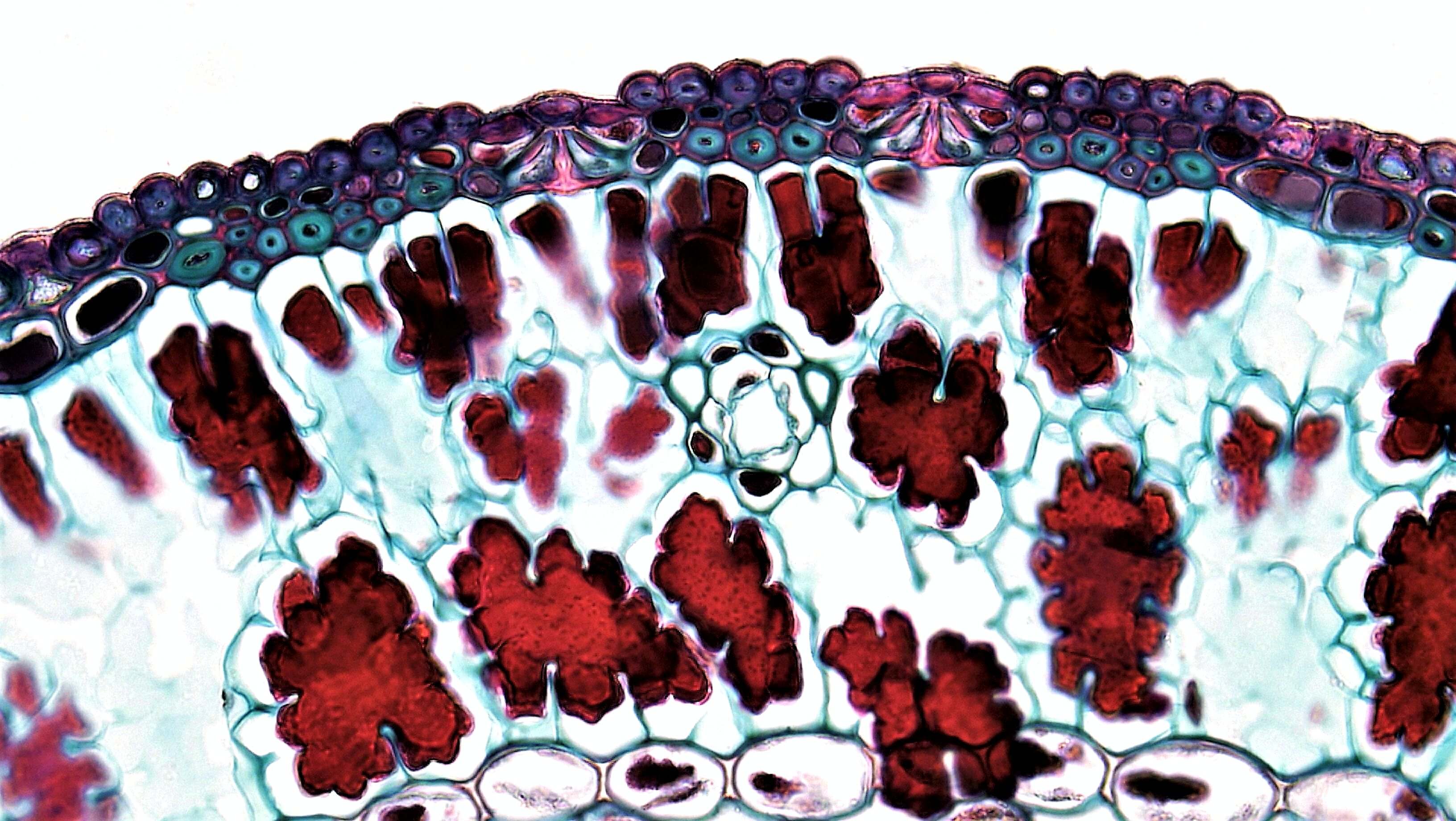How Safe Is Breast Cancer Screening?

Mitos

Introduction: The Importance of Breast Cancer Screening
Breast cancer is one of the most prevalent forms of cancer affecting women worldwide. Early detection through screening plays a crucial role in improving outcomes and reducing mortality rates associated with the disease. However, the landscape of breast cancer screening is complex, with various organizations offering conflicting recommendations. This has led to questions about the safety and efficacy of screening methods, leaving many women uncertain about their choices.
Despite the controversies, breast cancer screening remains a cornerstone of preventive healthcare for women. The goal of screening is to detect breast cancer in its earliest stages, often before symptoms develop, making treatment more effective and less invasive. By identifying abnormalities that may indicate cancerous growths, screening tests enable healthcare providers to intervene early, potentially saving lives.
In this article, we will explore the safety of breast cancer screening, examining both its benefits and potential risks. Understanding these aspects is crucial for women making informed decisions about their healthcare and navigating the complexities of breast cancer screening recommendations.

Benefits of Breast Cancer Screening
Breast cancer screening offers several significant benefits that contribute to its importance in women's healthcare:
- Reduction in Breast Cancer Mortality: One of the primary goals of breast cancer screening is to reduce mortality rates associated with the disease. Studies have shown that early detection through regular screening mammograms can lead to a significant decrease in breast cancer-related deaths. By identifying cancers at an early stage, when they are more treatable, screening can improve survival rates among women with breast cancer.
- Early Detection and Less Invasive Treatment: Detecting breast cancer early allows for less invasive treatment options. When cancer is diagnosed at an early stage, women may have more choices regarding their treatment, which can include less aggressive interventions such as lumpectomy (removal of the tumor) instead of mastectomy (removal of the entire breast).
- Improved Prognosis and Reduced Morbidity: Early detection through screening can lead to better outcomes and reduced morbidity associated with breast cancer treatment. Women whose breast cancer is detected at an early stage are more likely to have successful treatment outcomes and experience fewer complications from their treatment.
Overall, the benefits of breast cancer screening are substantial and can have a profound impact on women's health and well-being. However, it is essential to consider the potential risks associated with screening, which we will explore in the next section.

Risks of Breast Cancer Screening
While breast cancer screening offers significant benefits, it is essential to be aware of the potential risks involved. Understanding these risks can help women make informed decisions about their screening options. Some of the risks associated with breast cancer screening include:
- False-Positive Recalls and Biopsies: False-positive results occur when a screening test suggests the presence of cancer when there is none. This can lead to additional imaging tests or biopsies to confirm the findings. False-positive recalls can cause anxiety and may lead to unnecessary procedures, although they are relatively common in breast cancer screening.
- Anxiety Related to Screening: The prospect of undergoing additional tests or biopsies following a false-positive result can cause significant anxiety for women. While this anxiety is usually temporary and resolves once further tests confirm a negative result, it is an important consideration for women undergoing screening.
- Radiation Exposure: Mammograms, which are the most common screening tool for breast cancer, involve exposure to low levels of radiation. While the radiation dose from mammograms is considered safe and the risk of radiation-induced cancer is minimal, it is still a potential risk to be aware of, especially for women who undergo frequent screening over many years.
- Overdiagnosis and Overtreatment: Overdiagnosis occurs when screening detects a cancer that would not have caused symptoms or harm if left untreated. This can lead to unnecessary treatment, including surgery, radiation therapy, and medication, which can have physical and emotional implications for women.
While these risks are important to consider, it is essential to weigh them against the benefits of early detection and treatment. Breast cancer screening remains a vital tool in the fight against breast cancer, and understanding its risks and benefits can help women make informed decisions about their health.
False-Positive Recalls, Anxiety, and Radiation Exposure
False-Positive Recalls and Biopsies
False-positive results in breast cancer screening occur when a mammogram suggests the presence of cancer that is later determined not to be present upon further testing. This can lead to additional imaging tests or biopsies to confirm the findings. While false-positive recalls are relatively common in breast cancer screening, they can cause anxiety and lead to unnecessary procedures.
Anxiety Related to Screening
The prospect of undergoing additional tests or biopsies following a false-positive result can cause significant anxiety for women. While this anxiety is usually temporary and resolves once further tests confirm a negative result, it is an important consideration for women undergoing screening.
Radiation Exposure
Mammograms, the most common screening tool for breast cancer, involve exposure to low levels of radiation. While the radiation dose from mammograms is considered safe and the risk of radiation-induced cancer is minimal, it is still a potential risk to be aware of, especially for women who undergo frequent screening over many years.
These factors highlight the importance of understanding both the benefits and risks of breast cancer screening. While the benefits of early detection are significant, it is essential for women to make informed decisions about their screening based on a thorough understanding of the potential risks involved.

SAFE by MITOS: A Promising Approach to Breast Cancer Screening
MITOS Medical Technologies has developed SAFE (Scan and Find Early), a groundbreaking microwave imaging device designed for breast cancer screening and early detection. Unlike traditional screening methods that use X-rays, SAFE utilizes harmless electromagnetic waves, making it safe for repeated imaging without the risk of radiation exposure.
One of the key advantages of SAFE is its non-invasive nature. Unlike mammograms, which require breast compression and can be uncomfortable for many women, SAFE's scanning process does not involve compression, making it a more comfortable experience for patients. Additionally, the absence of physical compression allows SAFE to detect tumors that are close to the thoracic wall, an area that is often challenging to image with traditional methods.
In a study involving 115 patients, SAFE demonstrated a sensitivity of 63%, indicating its ability to accurately detect breast abnormalities. Notably, the study found that breast size influenced the sensitivity of SAFE, with larger breasts showing a higher sensitivity of 74% compared to 51% in smaller breasts. These results are encouraging and suggest that SAFE has the potential to be an effective screening tool for a wide range of breast sizes.
Furthermore, the non-invasive and pain-free nature of SAFE, combined with its promising initial detection rates, make it a compelling option for breast cancer screening. As MITOS continues to conduct further clinical studies, SAFE could revolutionize the way we approach breast cancer detection, offering a safer and more comfortable alternative to traditional screening methods.
Conclusion: Advancing Breast Cancer Screening with SAFE by MITOS
In conclusion, MITOS Medical Technologies' SAFE (Scan and Find Early) represents a significant advancement in breast cancer screening technology. By utilizing harmless electromagnetic waves instead of X-rays, SAFE offers a safe and non-invasive alternative for breast cancer detection. Its non-compressive nature not only provides a more comfortable experience for patients but also enables the detection of tumors near the thoracic wall, which can be missed by traditional methods.
The preliminary study results of SAFE are promising, with a sensitivity of 63% demonstrated in detecting breast abnormalities. While further clinical studies are needed to validate these findings, the potential of SAFE to improve the early detection of breast cancer is clear.
With its ability to provide repeated imaging without radiation exposure and its promising initial detection rates, SAFE has the potential to revolutionize breast cancer screening. As MITOS continues to advance its research and development efforts, SAFE could become an essential tool in the fight against breast cancer, offering a safer, more comfortable, and effective screening option for women of all breast sizes.
As we look toward the future of breast cancer screening, SAFE by MITOS stands out as a beacon of hope, promising a new era of early detection and improved outcomes for breast cancer patients.